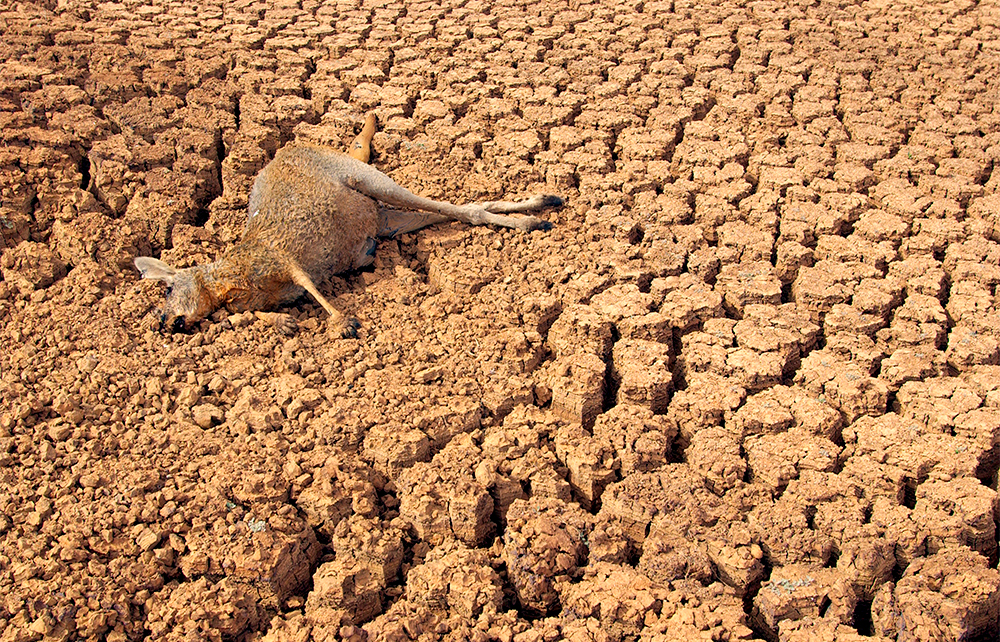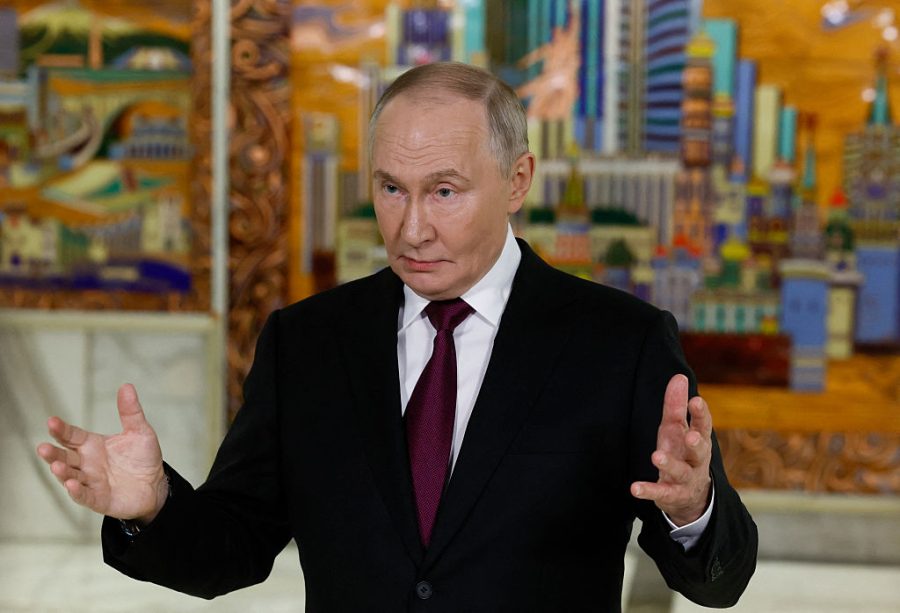Late last year in Australia’s The Monthly, Tim Winton wrote an essay on the urgent need for writers to look the climate crisis in the eye. Quoting Amitav Ghosh’s observation about the ‘patterns of evasion’ that continue to conceal the scale of the catastrophe, he argued that writers must overcome the habits of mind that treat the natural world as an inert externality. Instead, they must find ways to recognise that we are part of nature, and our fate is inseparable from the world around us. ‘We have difficult work to do,’ he declared. ‘And we’re late to the bushfire.’
Of course, Winton is not someone who could ever be accused of treating the natural world as mere window-dressing. For more than 40 years, his fiction has been engaged in an ongoing conversation with the Australian landscape and the legacies of beauty and trauma encoded within it. Nonetheless, it’s difficult not to read his latest novel, Juice, as an attempt to rise to his own challenge. Set several generations from now in a world transformed by rising temperatures, and incorporating explicitly science fictional elements such as synthetic humans and energy weapons, it takes aim at the economic systems and industries that are driving the climate crisis. It also explores ideas of connection and the possibility of hope in dark times.
The unnamed narrator is raised in a homestead on North West Cape/Palydi Manu, halfway up Western Australia’s coast – ‘not a place for the faint-hearted’. The summers are so hot that the only way to survive them is to retreat underground: in winter, staying too long outside can also be deadly.
Trained by his mother, the narrator learns to be self-sufficient and independent. But in his late teens he is recruited by a secretive organisation known only as the Service. Like a terrorist group, its operations are compartmentalised, so exactly who funds it is never clear, but its mission is. For while our world – the place the narrator and his contemporaries refer to as ‘the Dirty World’ – is long gone, the descendants of the billionaires and corporate executives whose profiteering cooked the planet have survived, hidden away in bunkers and on seasteads. It is these ‘scions and factors and collaborators’ that the Service is dedicated to hunting down and exterminating.
At first there is a whiff of QAnon about the Service and its secret crusade against the corrupt. But as the narrator is drawn deeper into its operations, he realises that he is simply a pawn in a much longer game. Winton powerfully captures the cumulative damage of combat and betrayal, writing movingly about the way it isolates the protagonist. This is especially true in the novel’s latter stages, when it becomes clear not just that the Service is losing, but that the planet’s climate is continuing to heat up.
Despite its raw grief and pain, Juice is not a nihilistic book. Instead, it insists on the necessity of hope even in the face of insurmountable odds, and on the notion that our survival depends on our capacity to care for one another. It also goes further, especially in the extraordinary final pages, which offer a vision of what it might be to reject the desire for dominance and surrender to the world as it is. Or, as one of the characters remarks midway: ‘The first form of revelation is the natural world. Wild, living nature, coherent, intact, independent and unknowable in its abundance and fecundity.’







Comments